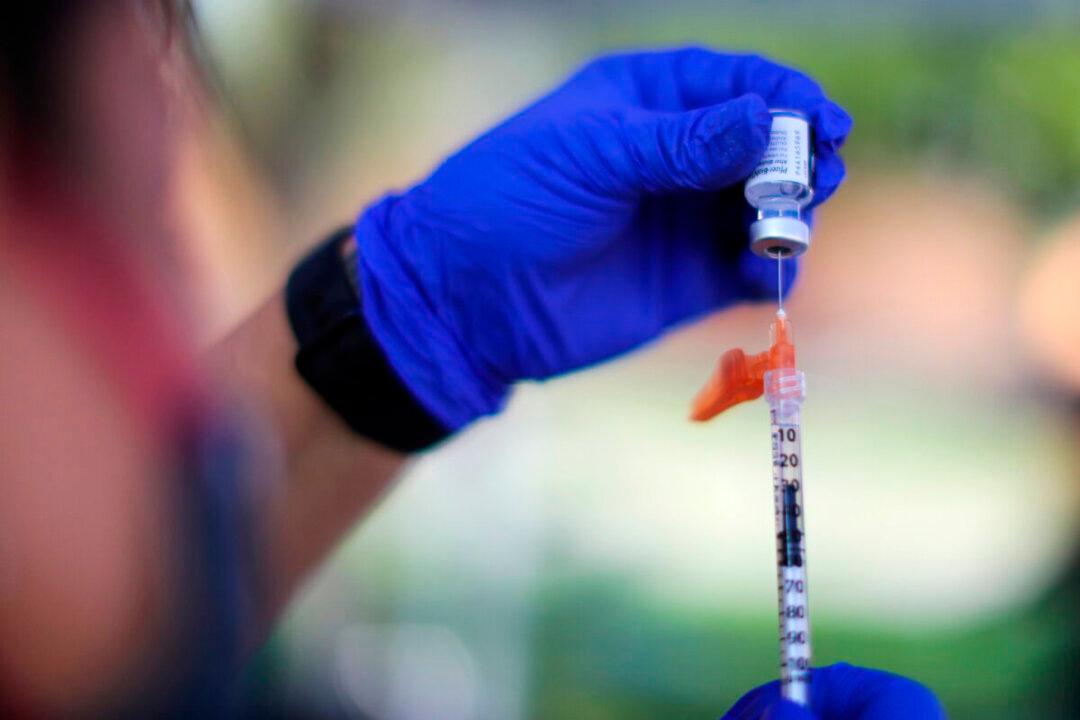Cuba announced on Sept. 13 that it will begin administering its own COVID-19 vaccinations to children as young as two, despite the vaccines having not yet been recognized by the World Health Organisation (WHO).
The announcement was made through Cuba’s state-run media, and the country aims to inoculate at least 90 percent of the population, according to Voice of America.




